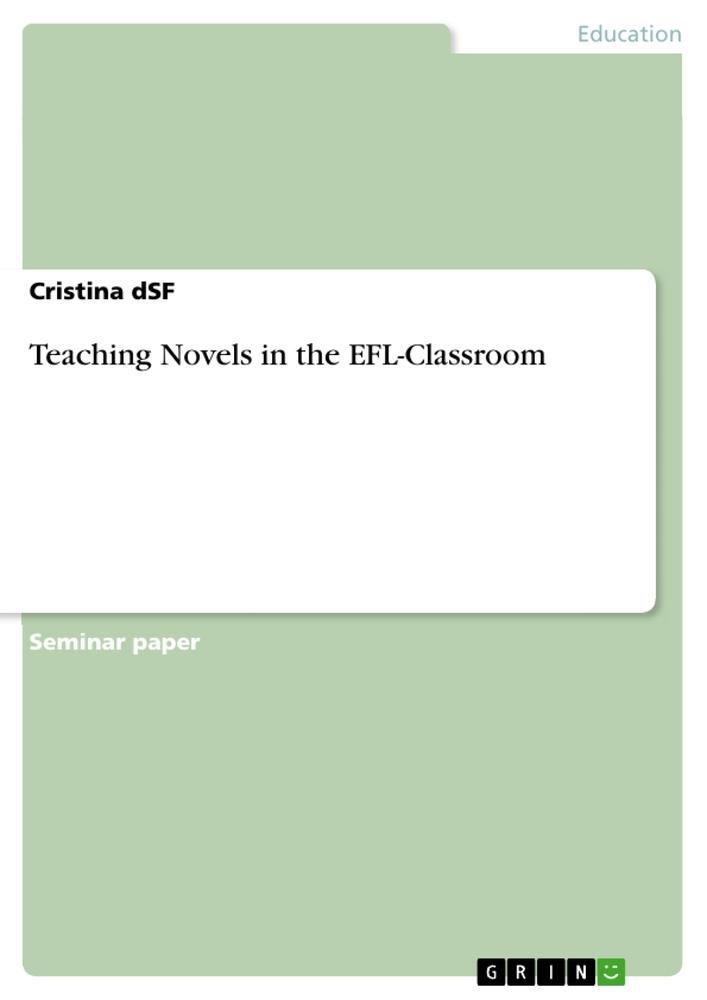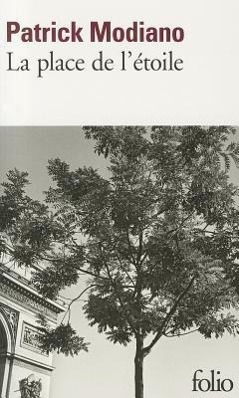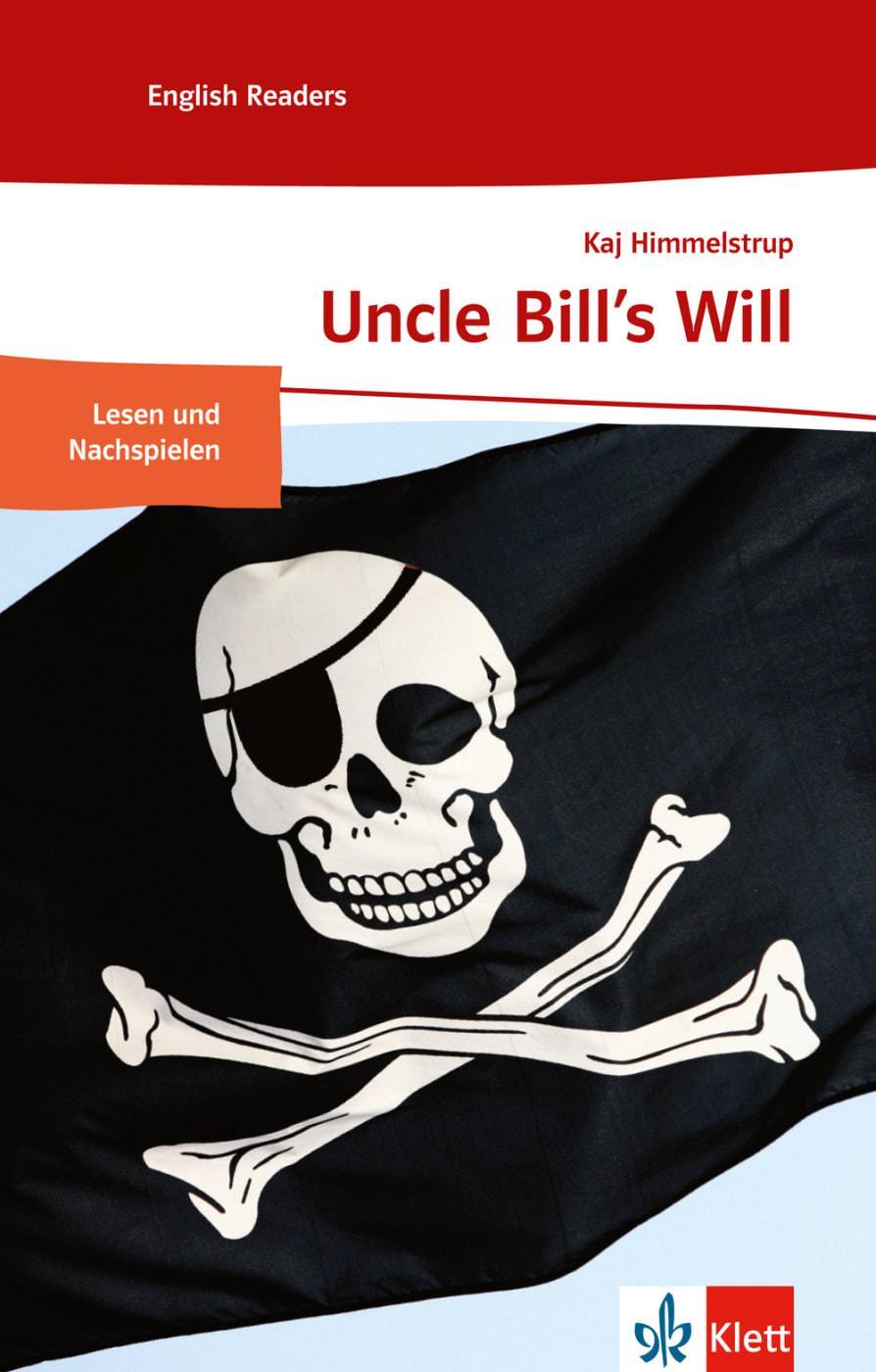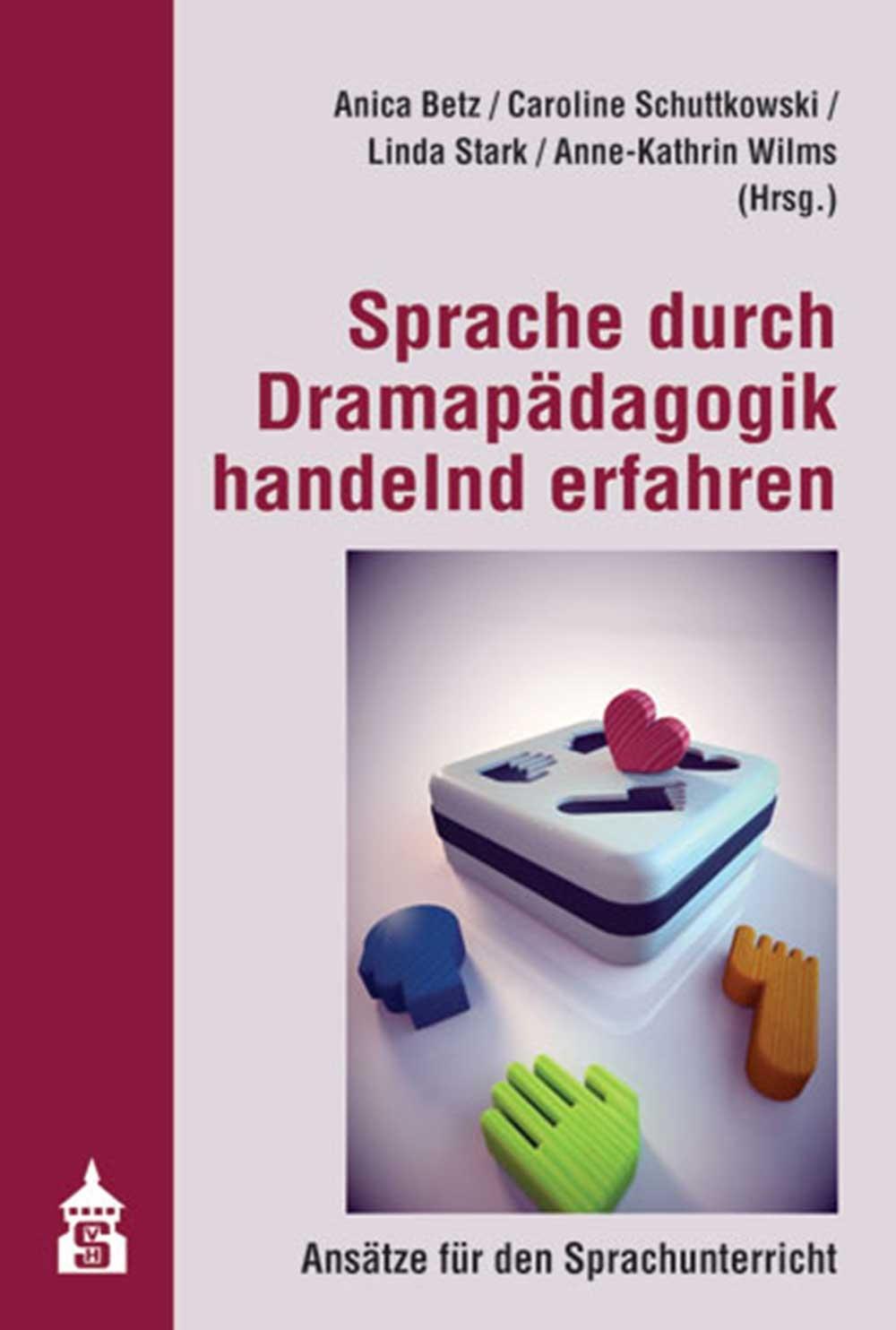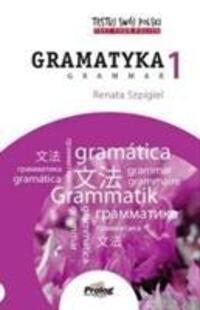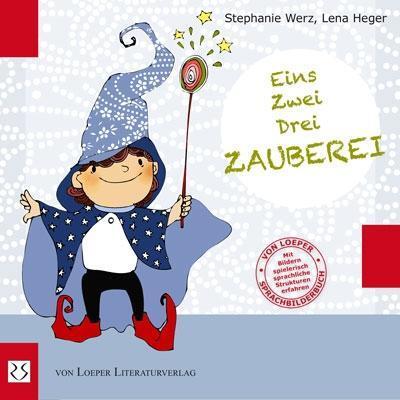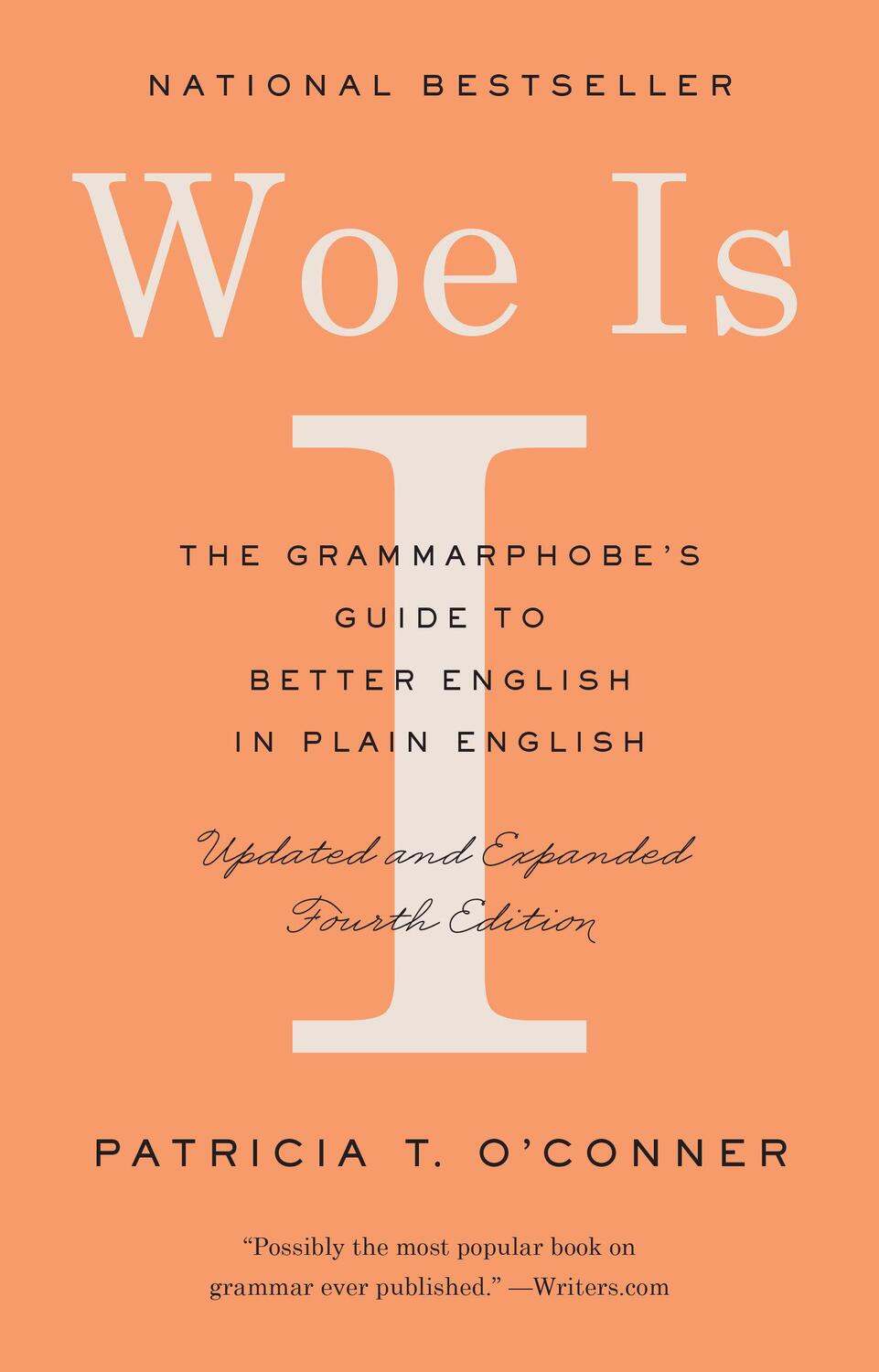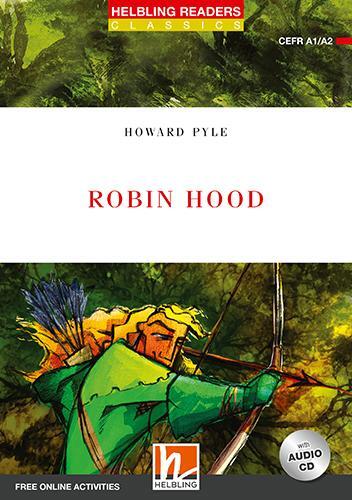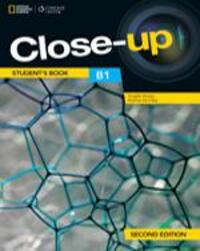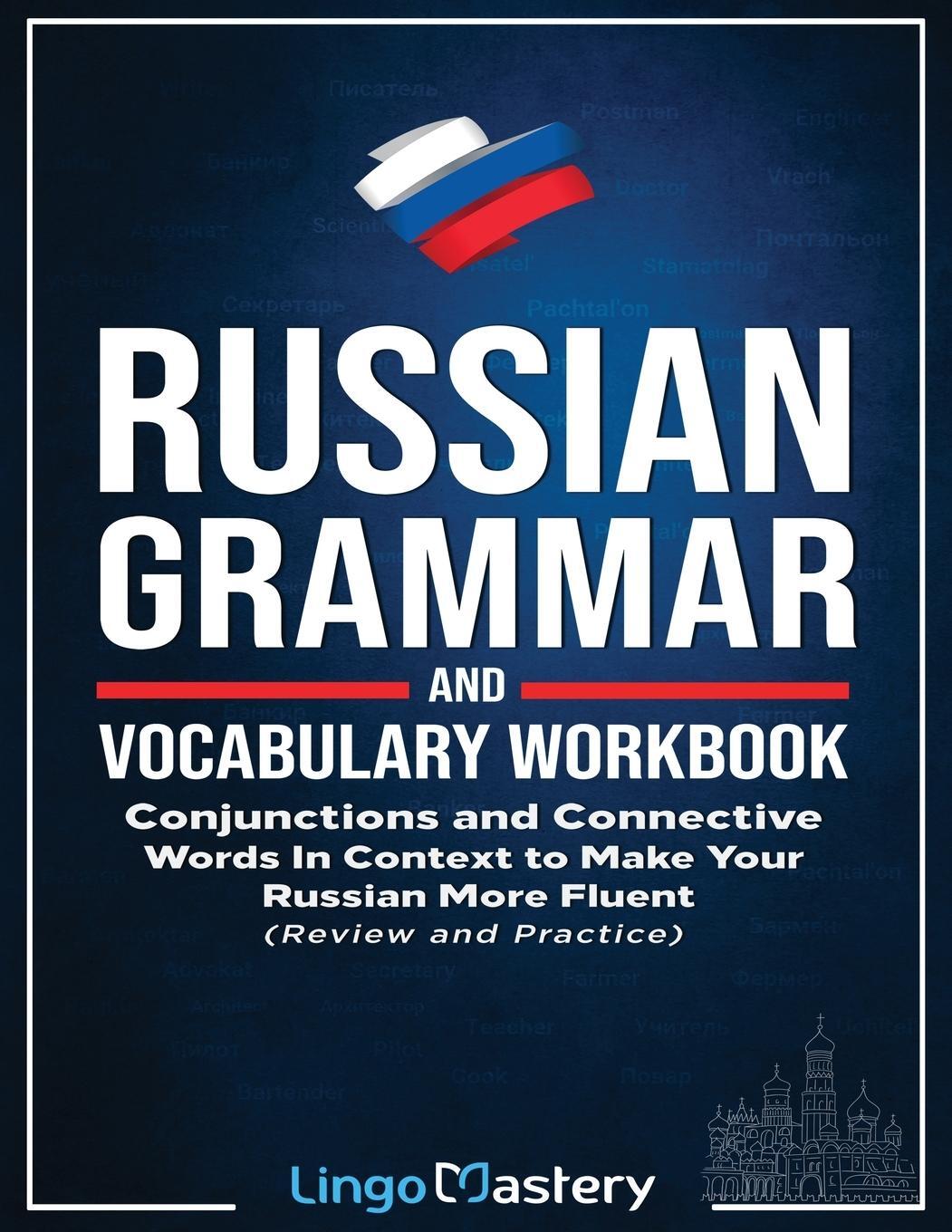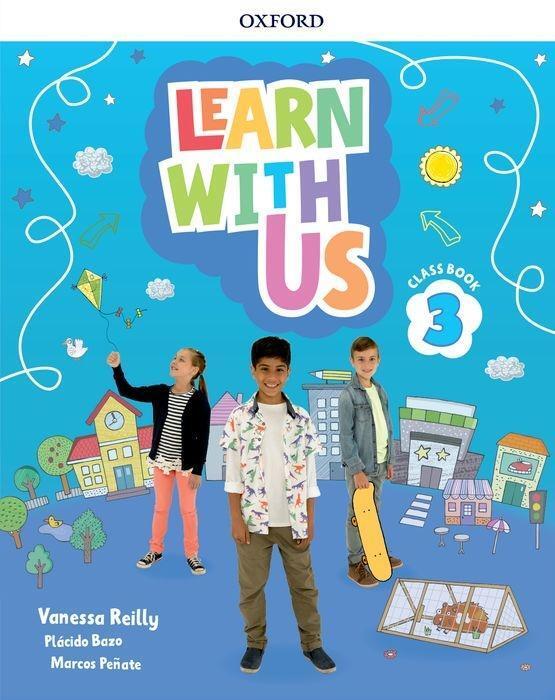Dekorationsartikel gehören nicht zum Leistungsumfang.
Sprache:
Englisch
15,95 €*
Versandkostenfrei per Post / DHL
Lieferzeit 4-7 Werktage
Kategorien:
Beschreibung
Seminar paper from the year 2011 in the subject Didactics for the subject English - Pedagogy, Literature Studies, grade: 1,3, University of Paderborn, language: English, abstract: Literature is one of the most important features of the English-as-Foreign-Language-classroom (EFL). It can be taught through different methods and genres. In the course of the seminar we got to know some of these methods which help to design interesting and creative lessons. Since there was the introduction of a certain standard of education in 2003, having the function of improving the culture of learning in secondary schools, it becomes obvious that literary texts are an essential part of the education plan. Education is not seen as retrievable knowledge anymore. It is looked at in its entirety.
Therefore, the school should teach pupils to be independent und to develop their own personality. Of course, this also means thinking over the old teaching methods and pay attention to interdisciplinary factors. This aspect is especially important as English - apart from German - can be considered the most important subject concerning the fields of creativity and communication. Additionally, the acquirement of a foreign language leads to intercultural competence, identity formation, change of perspective and tolerance. Thus, it is also particularly literature that pays attention to these goals.
In this term paper I will focus on the teaching of novels and their impact on language teaching. For this reason I will firstly answer the questions why literature is important in EFL-classrooms and examine which kind of texts are appropriate for teaching.
Afterwards, I will talk briefly about the reception of novels with the help of pre-, while and post-reading phases. Finally, all these theoretical aspects will be part of the last chapter, where the young adult novel ¿Gracey¿ by James Moloney will serve as an example. There will be a lesson outline to demonstrate how the previous points could be put into practice and to display which competences are most acquired and improved.
Therefore, the school should teach pupils to be independent und to develop their own personality. Of course, this also means thinking over the old teaching methods and pay attention to interdisciplinary factors. This aspect is especially important as English - apart from German - can be considered the most important subject concerning the fields of creativity and communication. Additionally, the acquirement of a foreign language leads to intercultural competence, identity formation, change of perspective and tolerance. Thus, it is also particularly literature that pays attention to these goals.
In this term paper I will focus on the teaching of novels and their impact on language teaching. For this reason I will firstly answer the questions why literature is important in EFL-classrooms and examine which kind of texts are appropriate for teaching.
Afterwards, I will talk briefly about the reception of novels with the help of pre-, while and post-reading phases. Finally, all these theoretical aspects will be part of the last chapter, where the young adult novel ¿Gracey¿ by James Moloney will serve as an example. There will be a lesson outline to demonstrate how the previous points could be put into practice and to display which competences are most acquired and improved.
Seminar paper from the year 2011 in the subject Didactics for the subject English - Pedagogy, Literature Studies, grade: 1,3, University of Paderborn, language: English, abstract: Literature is one of the most important features of the English-as-Foreign-Language-classroom (EFL). It can be taught through different methods and genres. In the course of the seminar we got to know some of these methods which help to design interesting and creative lessons. Since there was the introduction of a certain standard of education in 2003, having the function of improving the culture of learning in secondary schools, it becomes obvious that literary texts are an essential part of the education plan. Education is not seen as retrievable knowledge anymore. It is looked at in its entirety.
Therefore, the school should teach pupils to be independent und to develop their own personality. Of course, this also means thinking over the old teaching methods and pay attention to interdisciplinary factors. This aspect is especially important as English - apart from German - can be considered the most important subject concerning the fields of creativity and communication. Additionally, the acquirement of a foreign language leads to intercultural competence, identity formation, change of perspective and tolerance. Thus, it is also particularly literature that pays attention to these goals.
In this term paper I will focus on the teaching of novels and their impact on language teaching. For this reason I will firstly answer the questions why literature is important in EFL-classrooms and examine which kind of texts are appropriate for teaching.
Afterwards, I will talk briefly about the reception of novels with the help of pre-, while and post-reading phases. Finally, all these theoretical aspects will be part of the last chapter, where the young adult novel ¿Gracey¿ by James Moloney will serve as an example. There will be a lesson outline to demonstrate how the previous points could be put into practice and to display which competences are most acquired and improved.
Therefore, the school should teach pupils to be independent und to develop their own personality. Of course, this also means thinking over the old teaching methods and pay attention to interdisciplinary factors. This aspect is especially important as English - apart from German - can be considered the most important subject concerning the fields of creativity and communication. Additionally, the acquirement of a foreign language leads to intercultural competence, identity formation, change of perspective and tolerance. Thus, it is also particularly literature that pays attention to these goals.
In this term paper I will focus on the teaching of novels and their impact on language teaching. For this reason I will firstly answer the questions why literature is important in EFL-classrooms and examine which kind of texts are appropriate for teaching.
Afterwards, I will talk briefly about the reception of novels with the help of pre-, while and post-reading phases. Finally, all these theoretical aspects will be part of the last chapter, where the young adult novel ¿Gracey¿ by James Moloney will serve as an example. There will be a lesson outline to demonstrate how the previous points could be put into practice and to display which competences are most acquired and improved.
Details
| Erscheinungsjahr: | 2014 |
|---|---|
| Fachbereich: | Didaktik/Methodik/Schulpädagogik/Fachdidaktik |
| Genre: | Erziehung & Bildung |
| Rubrik: | Sozialwissenschaften |
| Medium: | Taschenbuch |
| Seiten: | 20 |
| Inhalt: | 20 S. |
| ISBN-13: | 9783656618607 |
| ISBN-10: | 3656618607 |
| Sprache: | Englisch |
| Ausstattung / Beilage: | Booklet |
| Einband: | Kartoniert / Broschiert |
| Autor: | Dsf, Cristina |
| Auflage: | 1. Auflage |
| Hersteller: | GRIN Verlag |
| Maße: | 210 x 148 x 2 mm |
| Von/Mit: | Cristina Dsf |
| Erscheinungsdatum: | 25.03.2014 |
| Gewicht: | 0,045 kg |
Details
| Erscheinungsjahr: | 2014 |
|---|---|
| Fachbereich: | Didaktik/Methodik/Schulpädagogik/Fachdidaktik |
| Genre: | Erziehung & Bildung |
| Rubrik: | Sozialwissenschaften |
| Medium: | Taschenbuch |
| Seiten: | 20 |
| Inhalt: | 20 S. |
| ISBN-13: | 9783656618607 |
| ISBN-10: | 3656618607 |
| Sprache: | Englisch |
| Ausstattung / Beilage: | Booklet |
| Einband: | Kartoniert / Broschiert |
| Autor: | Dsf, Cristina |
| Auflage: | 1. Auflage |
| Hersteller: | GRIN Verlag |
| Maße: | 210 x 148 x 2 mm |
| Von/Mit: | Cristina Dsf |
| Erscheinungsdatum: | 25.03.2014 |
| Gewicht: | 0,045 kg |
Warnhinweis

